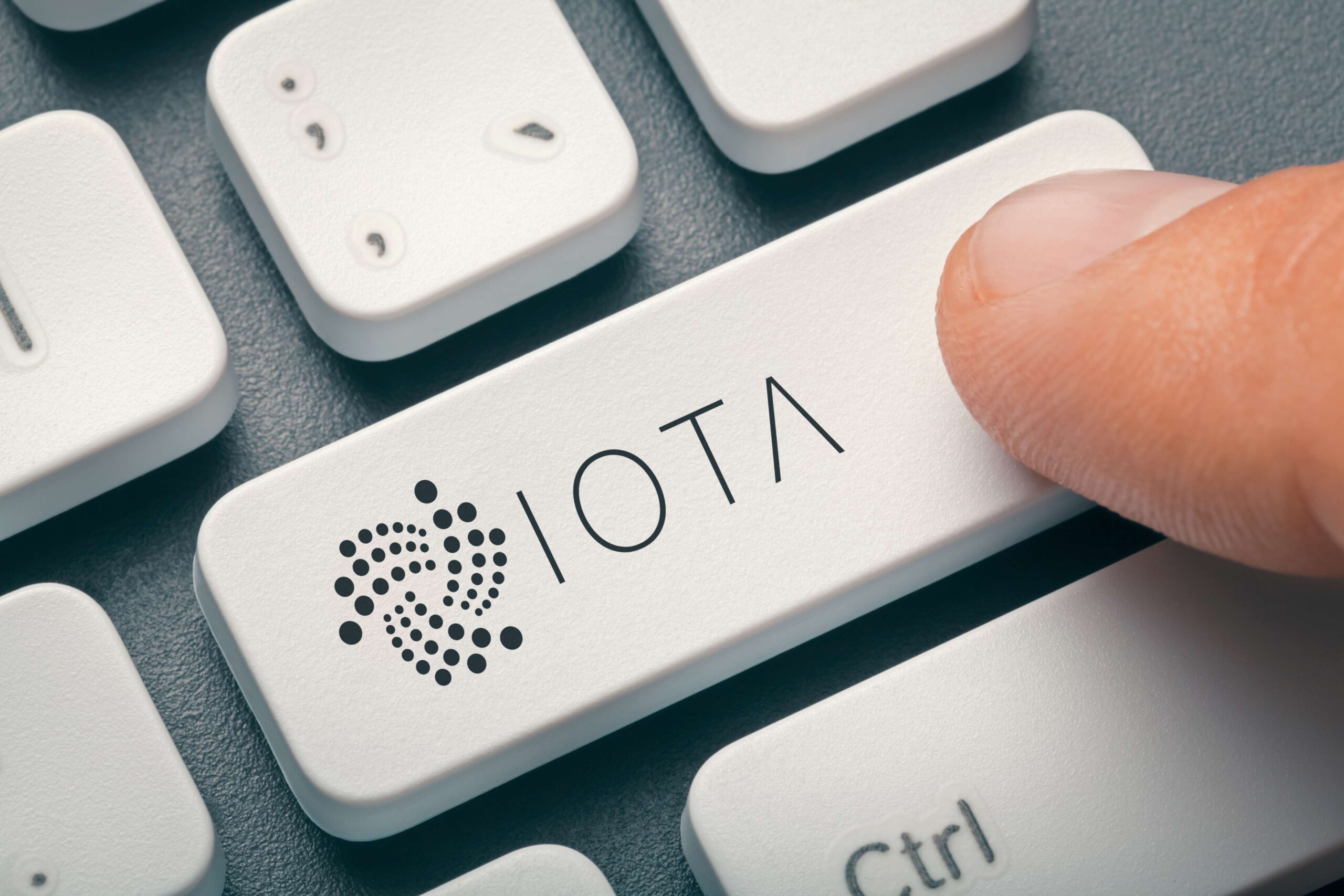Source: Morrowind – Shutterstock
- TradeMark Africa, in collaboration with the IOTA Foundation, is actively working to enhance trade efficiency across Africa by implementing advanced technology solutions.
- The IOTA Foundation’s partnerships with TradeMark East Africa and the European Union have led to significant advancements in the digitalization of trade processes.
Aid for trade organization TradeMark Africa has been actively working on boosting trade and economic activity across Africa by adopting efficient technology systems. Recently, the CEOs of TradeMark Africa met with officials of the Kenya Revenue Authority to discuss the benefits of their previous investments and the customs efficiency.
TradeMark Africa has been working on speeding up the clearance of goods, while decreasing dumping and diversion on the Northern corridor and thereby improving transparency.

The IOTA Foundation, in collaboration with Trademark East Africa, is currently testing a system that aims to enhance trade efficiency by connecting border agencies with overseas customs and local traders.
In the present day, international trade still relies heavily on traditional paper-based documents and outdated processes. IOTA’s technology has the potential to revolutionize global trade and supply chains through its permissionless distributed ledger technology (DLT), which enhances visibility, control, and overall efficiency.
The future supply chain is underpinned by DLT, where original documents and events are instantly reported and accessible to authorized participants. This eliminates the need for duplicated data across multiple isolated systems.
IOTA establishes a shared resource, enabling traders to have ownership, control, and the ability to leverage their data for improved trade negotiations with partners. Government agencies gain full control over their data and its sharing, reducing reliance on third-party infrastructure.
IOTA, EU and TradeMark Africa
In collaboration with TradeMark East Africa, the IOTA Foundation introduced the Trade and Logistics Information Pipeline (TILP) in Kenya. This partnership is set to undergo further expansion in 2023, encompassing over 45 organizations engaged in testing TLIP across diverse trade routes.
Additionally, the IOTA Foundation has also been working with other European Union players as well. IOTA’s core attributes, including transparency, immutability, and secure data transmission, have underpinned numerous collaborative endeavors. A notable achievement was made through the IOTA Foundation’s active participation in the European Commission’s European Blockchain Services Infrastructure (EBSI).
In early 2022, IOTA progressed to Phase 2A, focusing on the development of the digital product passport (DPP) for circular economy applications. This phase involved managing intellectual property rights across the European Union’s creative industries. Subsequently, in Phase 2B, IOTA successfully concluded field testing of its Stardust solution, encompassing tokenization and smart contract capabilities.
One of the significant innovations from IOTA this year was the launch of the Shimmer staging network. Shimmer Network introduces a tokenization framework to the IOTA network. Thus it enables users to tokenize various assets, including NFTs, stablecoins, fan tokens, and more, all on Layer 1 without incurring fees.
All eyes further are on the launch of the ShimmerEVM scheduled a few days from now. Shimmer’s native token SMR is also likely to show some movement going ahead.
Crypto News Flash does not endorse and is not responsible for or liable for any content, accuracy, quality, advertising, products, or other materials on this page. Readers should do their own research before taking any actions related to cryptocurrencies. Crypto News Flash is not responsible, directly or indirectly, for any damage or loss caused or alleged to be caused by or in connection with the use of or reliance on any content, goods, or services mentioned.
Credit: Source link












































